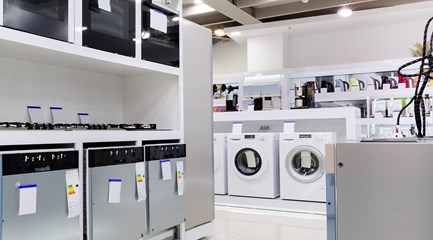Scotland has led the UK in addressing climate change, where our route to net zero means electricity will be increasingly relied on in our homes. Yet electrical safety is rarely fully acknowledged in strategies for a low carbon future. Our latest report, Future Homes Scotland ─ Electrical Safety in the Net Zero Home, addresses this shortfall and will be published in the New Year. It reviews some of the key technologies and themes around Scotland’s home of the future and offers a range of recommendations to enhance electrical safety.
Scotland’s future homes will likely be highly insulated and incorporate a range of technologies, including on-site renewable electricity generation, electric vehicle (EV) home-charging points, and various smart products and services. The huge increase in electrical appliances ─ such as heat pumps, electric boilers, and heaters, together with a shortage of trained installers and a lack of familiarity with electrical heating ─ will all (inevitably) impact on electrical safety and highlight the need for properly trained, competent, professionals.
While Scotland’s Heat in Buildings Strategy recognises how the move to net zero will dramatically expand the role of electricity in heating our homes, we lack key data on how prepared our housing stock is for this change. Our report calls for the national Scottish House Condition Survey to be updated, to better assess the preparedness of domestic electrical installations and potential capacity restraints.
EVs are another fundamental in Scotland’s move to net zero. But without convenient access – ideally an EV home charger ─ drivers may charge their vehicle in a risky fashion. It’s also problematic to install these chargers in some Scottish properties. So we are calling for the Scottish Government to provide a clear route for private renters and residents of tenements to install an EV home charging point.
Other key report recommendations emphasise the need for consumer education and for the Scottish Government to promote authorised installer registration platforms. Difficulty in finding suitably qualified, competent, contractors could lead to people using rogue or unqualified installers to undertake work ─ or worse, doing it themselves. We are calling on the Scottish Government to introduce a clear and consistent policy framework, to provide industry with long-term certainty of demand and encourage investment in upskilling.
Our report will be published in the New Year, but as a taster of what is to come, see our paper on EVs in Scotland here.
More posts by Karter Kane



